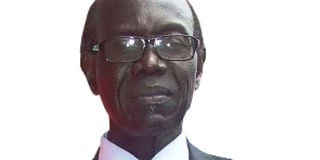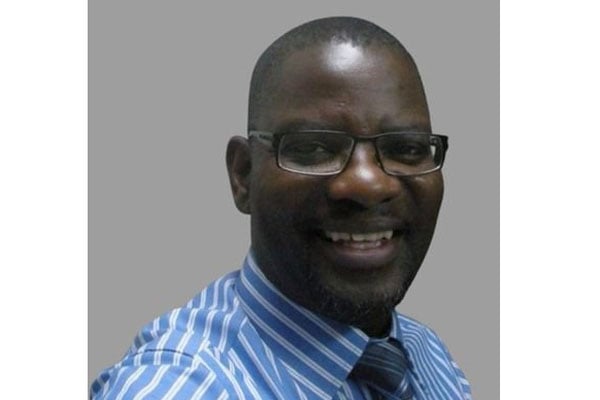Prime
What happened to fundamental change promised in 1986?

On January 29, 1986, at the entrance to Parliament a ceremony took place at which a lean guerrilla leader was sworn in by the Chief Justice of Uganda as President.
In a humble speech to a crowd gathered to witness the historic occasion, the guerrilla leader told Ugandans that what happened on that day was not “a mere change of guard; it is a fundamental change in the politics of our country.”
Thirty five years later, patriotic Ugandans are wondering whether what happened was really a fundamental change. Recent events have raised serious concerns and doubts in the minds of Ugandans and as Sabalwanyi predicted accurately in the same speech: “We have had one group getting rid of another, only for it to turn out to be worse than the group it displaced.”
On March 4, Internal Affairs minister, Gen Jeje Odongo, addressed Parliament on the troubling question of “missing persons” which has bothered Ugandans since last year, especially during and after campaigns for this year’s elections.
According to a story published in Daily Monitor of March 5, titled, ‘Govt yields to pressure, names missing persons,’ after weeks of hesitation and dilly-dallying between army and police, the NRM government yielded to pressure and released a list of 177 missing persons.
The infamous list was tabled in Parliament by Gen Odongo, three weeks after Sabalwanyi directed security forces, in a live television address on February 13, to make public particulars of the victims. Gen Idi Amin who was called “swine” in 1995, by you know who, must be laughing heartily in his grave in Saudi Arabia. I wonder what name Amin would give his fellow General.
Several MPs reacted angrily to the minister’s disingenuous and face-saving statement. Masaka Municipality MP Mathias Mpuuga, submitted a list of 680 persons, of whom 423 are missing and others presumed killed, are on bail or on remand, while Lwemiyaga MP Theodore Ssekikubo called upon “the minister to be honest to this country and tell the truth” which reminds me of a speech Sabalwanyi made in the 1989 which has gone viral on social media in which he said he will not preside over a country in which people disappear as happened during the Amin regime.
Well, looks like history is repeating itself, which reminds me of an incident that occurred in March 2018 in Makeni City, Sierra Leone. As a member of the Commonwealth Observer Group, I visited several polling stations there and whenever I was introduced as a Ugandan, wananchi reacted with “Amin Oyee.”
When I told them that Idi Amin was no longer president of Uganda they were surprised and disappointed. It’s sad to say, but in many respects Aminism is alive and well in Uganda today.
How low will the corrupt, incompetent and mediocre regime sink into moral decadence? The ruling clique of the NRM regime must take full responsibility for the breakdown of law and order in Uganda which has done enormous damage to Uganda’s national interest, body politic and image.
The ruling clique does not care about the plight of Ugandans. The spokespersons of the regime routinely and shamelessly defend the indefensible at press conferences, in newspapers and talk shows on radio and television. I am glad nobody in their right mind believes them.
In a normal and civilised country, the NRM government would have resigned long time ago, but in a country misruled by men who have deliberately shut down their consciences, anything goes including the absurd and outrageous, as long as it contributes to the primary objective of the regime, which is to cling onto power indefinitely.
Mr Acemah is a political scientist and retired career diplomat.
[email protected]




